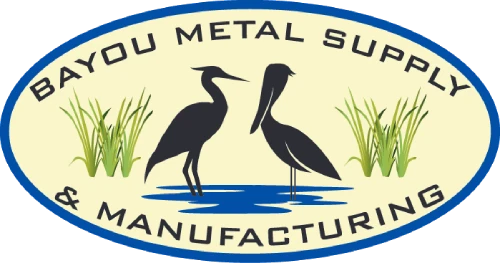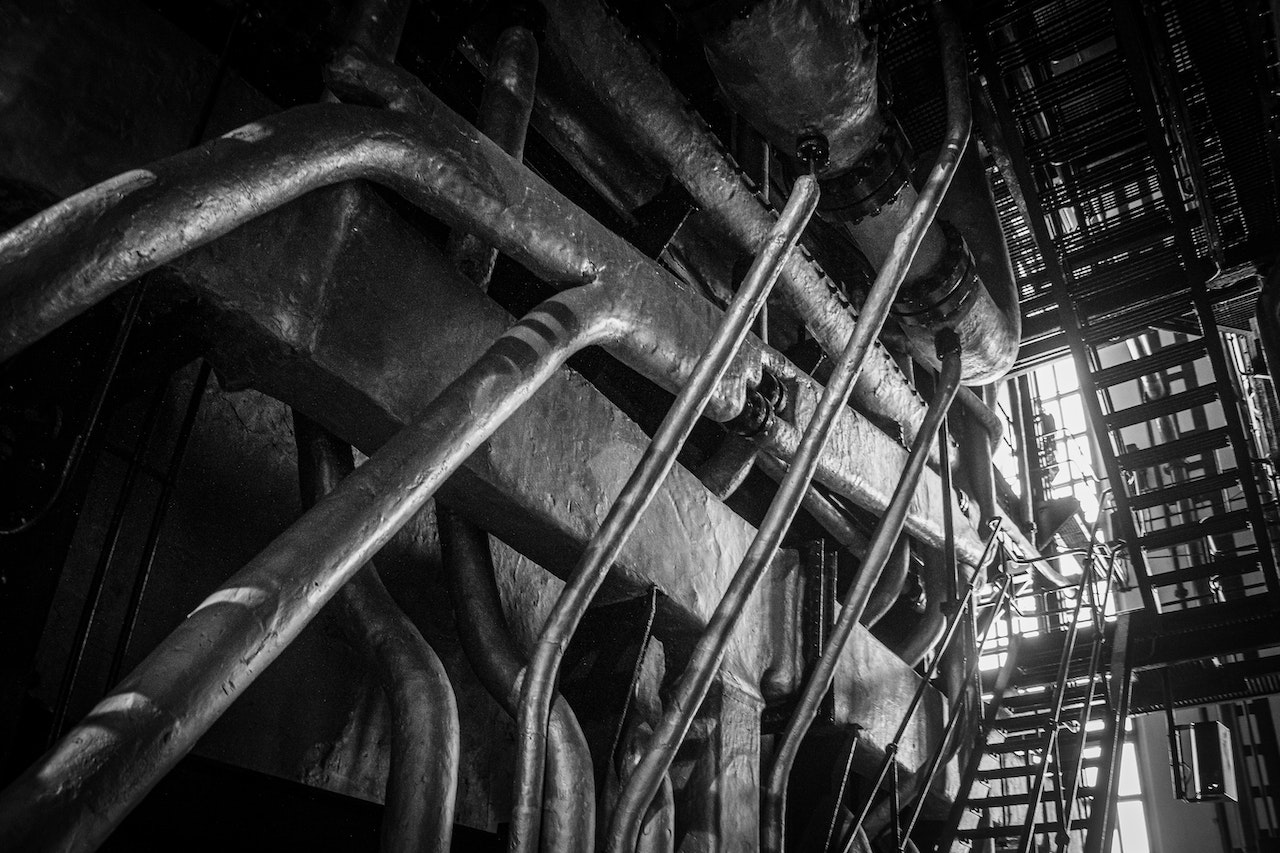There are several benefits of aluminum including its flexibility and corrosion resistants, which makes it ideal for a number of applications. It is offered in various forms including tubes and pipes. Both aluminum tubes and pipes are manufactured using extrusion, a process by which aluminum alloy material is forced through a die.
Benefits
Aluminum tubes offer the best of both worlds-durability and flexibility. Their exceptional flexibility allows them to be bent into almost any shape or size. They are lightweight,corrosion resistant and cost-effective. Aluminum tubes can be recycled, which makes them an environmentally-friendly choice for projects. Aluminum pipes don’t corrode as much as steel pipes. Aluminum pipe systems minimize system leaks, allowing them to run at their peak efficiency. Aluminum pipes cost less than copper pipes and unlike copper fittings, do not have to be soldered. The compressed air provided by an aluminum pipe system is much cleaner than by a steel pipe system. Because aluminum pipes are lighter than steel and copper pipes, they are easier to install and modify. Aluminum pipes are corrosion resistant and can help cut energy costs by ensuring optimal airflow.Uses
Aluminum tubes and pipes are used for tent poles, outdoor tables, camp chair frames, bed frames, wheelchair frames, collapsible stretchers, crutches, hydraulic systems, fuel lines, lining tables and electrical equipment. Aluminum tubes and pipes have a high thermal conductivity, which makes them ideal for refrigerator, HVAC and engine parts. Aluminum pipes are used to transport a wide variety of liquids and gases. Aluminum pipe fittings are used for hydraulic systems, fuel lines and fuel tanks.Things to Consider When Choosing Aluminum Tubes and Pipes
- ➢ Formability or Workability
- ➢ Weldability
- ➢ Machining
- ➢ Corrosion Resistance
- ➢ Heat Treating
- ➢ Strength
- ➢ Typical end use applications
Recent Post
- Why Is Stainless Steel The Most Preferred Material In Manufacturing Industrial Equipment And Tools?
- Aluminum Sheets Comparative Analysis: 5052 H32 vs 5052 H34
- Everything You Need To Know About Aluminum Alloy 5086 Sheet
- Join Bayou Metal Supply & Manufacturing at the 2024 International WorkBoat Show – Booth #2337
- What Makes T6 the Most Popular Temper for Aluminum 6061 Grade?


